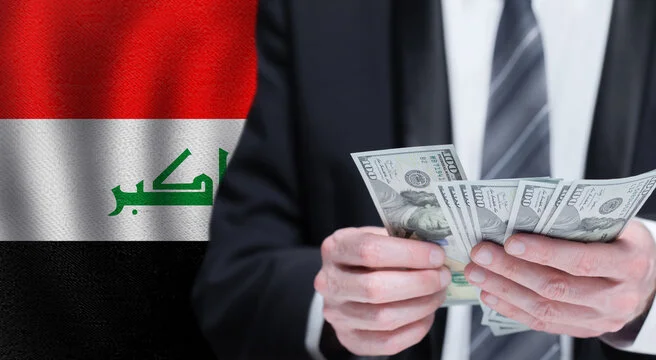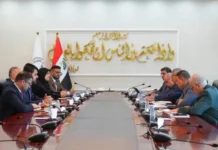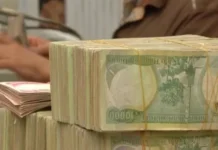Under Prime Minister Mohammed Al-Sudani, Iraq’s non-oil income has dropped dramatically from seven trillion Iraqi dinars to twenty-seven trillion dinars in under two years. This amazing surge points to a conscious shift towards more diversification and stability of the economy. This development is attributed to the following specialised economic changes and projects:
Income and wealth taxes brought in grew by 118% thanks to effective tax reform implementation and higher taxpayer compliance. This large rise shows that financial control has been enhanced and the tax system has been successfully rebuilt.
Income from commodity taxes: Reversing 285%, commodity sales surged greatly. This development can be ascribed to better manufacturing techniques, enlarged export markets, and deliberate commodities sector investments.
Two-fold increases in fees: The government’s fee collecting grew by 50%, signifying better organisational efficiency and administrative process control. This development shows how well the government can increase sector-specific income generating.
Both Agricultural and Industrial Advancements To help to sustain the income increase, the Iraqi government has concentrated on strategic investments and sectors developments:
Key industrial sectors including military equipment, chemical industry, and fertiliser production have witnessed notable investment. Apart from raising industrial capability, these expenditures have raised the sector’s GDP contribution as well.
Governmentally, five million acres of agricultural land have been expanded to seven million acres. This development seeks to boost local food production, enhance food security, reduce dependency on agricultural imports, and so strengthen the economic contribution of the agricultural sector.
Emphasising balanced economic development and sustainability, the government budget shows a strategic realignment to cut the reliance on oil income from 95 percent to 80 percent of overall revenues. Policy goals and strategic orientations Notable policies comprise:
Encouragement of regional companies: Currently under development is support of the local iron and steel as well as pharmaceutical sectors. These programs seek to reduce import reliance and boost domestic output thereby building a more self-reliant industrial base.
Supporting current companies and building new manufacturing plants helps the government promote private sector growth by means including This approach seeks to generate jobs, increase economic activity, and inspire innovation.
The government of Prime Minister Mohammed al-Sudani shows a definite will to increase Iraq’s economic basis and create a stable fiscal future. The notable increase in income from other sources than oil shows the effectiveness of these strategic programs and helps Iraq to create stability and economic development.
Economic Studies Unit of the North America Office of Centre for Research and Strategic Studies




